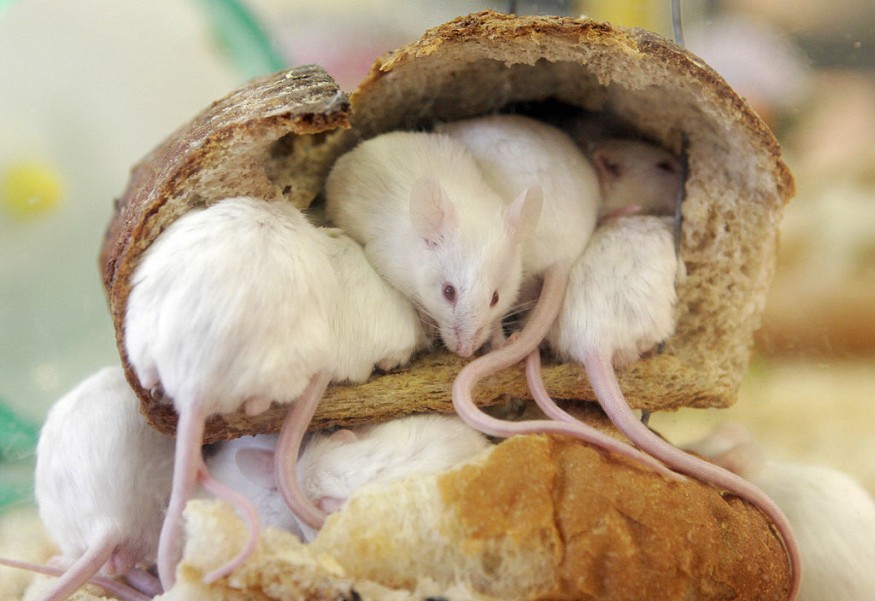Virgin births were made possible as fatherless mice were created in the lab without passing through fertilization, according to a new study.
Scientists from China conducted the experiment as they used unfertilized mouse eggs and modern gene-editing technology.
The process is considered to be a successful case of parthenogenesis or asexual reproduction. It is also called a 'virgin birth' since it does not require the natural fertilization process; where a sperm cell of a male meets the egg cell of a female to create a zygote-which will form into an embryo or fetus.
The recent breakthrough is considered to be an important scientific advancement towards parthenogenesis.
However, there is no significant developments yet on other mammals since the approach was reportedly not successful due to their complex genomic imprinting.
Groundbreaking Approach

Scientists from Shanghai Jiao Tong University in Shanghai, China, claimed that they were able to successfully achieved asexual production on mice without using any male genetic DNA from its species.
The approach used a gene-editing tool to make virgin birth or one-parent baby become a reality.
The new study was published in the Proceedings of the National Academy of Sciences on Monday, March 9.
The new research highlights that it is possible for mouse reproduction to take place without the need for both a mother and a father.
In the experimental study, the team of researchers conducted a series of experiments before coming up with the result.
First, they removed an unfertilized egg from a mouse. Then, the team used a modern gene-editing technology to find a male mouse's genes, which is usually required during fertilization.
The researchers injected an enzyme in to the mouse egg with the objective of activating or deactivating genes to make it similar to a father mouse.
After receiving the enzyme, the egg turned into an embryo of a newborn mice.
Attempts on Other Mammals
The scientists claim their method known as the epigenetic rewriting approach proved to be viable for parthenogenesis on small mammals like a mouse.
However, the approach seemed unsuccessful on other mammals due to genomic imprinting.
According to the National Human Genome Research, genomic imprinting is a biological phenomenon when the ability of a gene to express itself will depend on its origin, the mother or the father.
There are cases when an offspring gets his or her DNA from her mother or father only, while a mixture also does occur.
Asexual Reproduction
Although parthenogenesis is naturally not possible for all living organisms, there are some animals that are capable of asexual reproduction.
According to the National Geographic, over 80 vertebrate species, including more than half of fish and lizards, are capable of virgin births.
Some animal species of large lizards, snakes, and sharks are known to rely on parthenogenesis for the propagation of their population.
The National Geographic indicate these animals naturally find ways for its body to filling the gap for asexual reproduction naturally without the intervention of males or scientists.
Related Article: How Certain Animal Species Survives Without Sexual Reproduction
© 2025 NatureWorldNews.com All rights reserved. Do not reproduce without permission.





